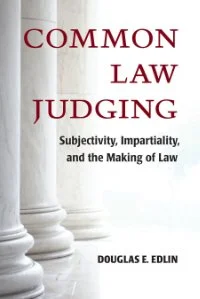Barnbay C. Keeney
This monograph originated as a dissertation prepared under the patient and understanding direction of Professor Charles H. McIlwain at Harvard University. Although I had (and still have) the temerity to challenge his views on judgment by peers and institutions connected with it, the influence of his teaching and scholarship are apparent throughout.
For the fellowships that made my studies possible, I am deeply grateful to the Department of History at Harvard University, and to the donors of the funds for those fellowships. Unfortunately, the Sheldon Traveling Fellowship that was to have enabled me to search for unpublished documents was of little use for this purpose because of the outbreak of the European war in 1939, and I have had to depend almost entirely on published material. After the war, a John Simon Guggenheim Post-Service Fellowship enabled me to complete and revise this work in 1945-46.
Had the great work of Marc Bloch (La Societe jeodale, 2 vols., Paris, 1939-1940), as well as the studies of Sanchez-Albornoz (En torno a los origenes del jeudalismo, Mendoza, 1942) been available when I was preparing the first section, I should have been spared much labor.
HARVARD UNIVERSITY PRESS, HARVARD HISTORICAL MONOGRAPHS, 1952, 198p.




